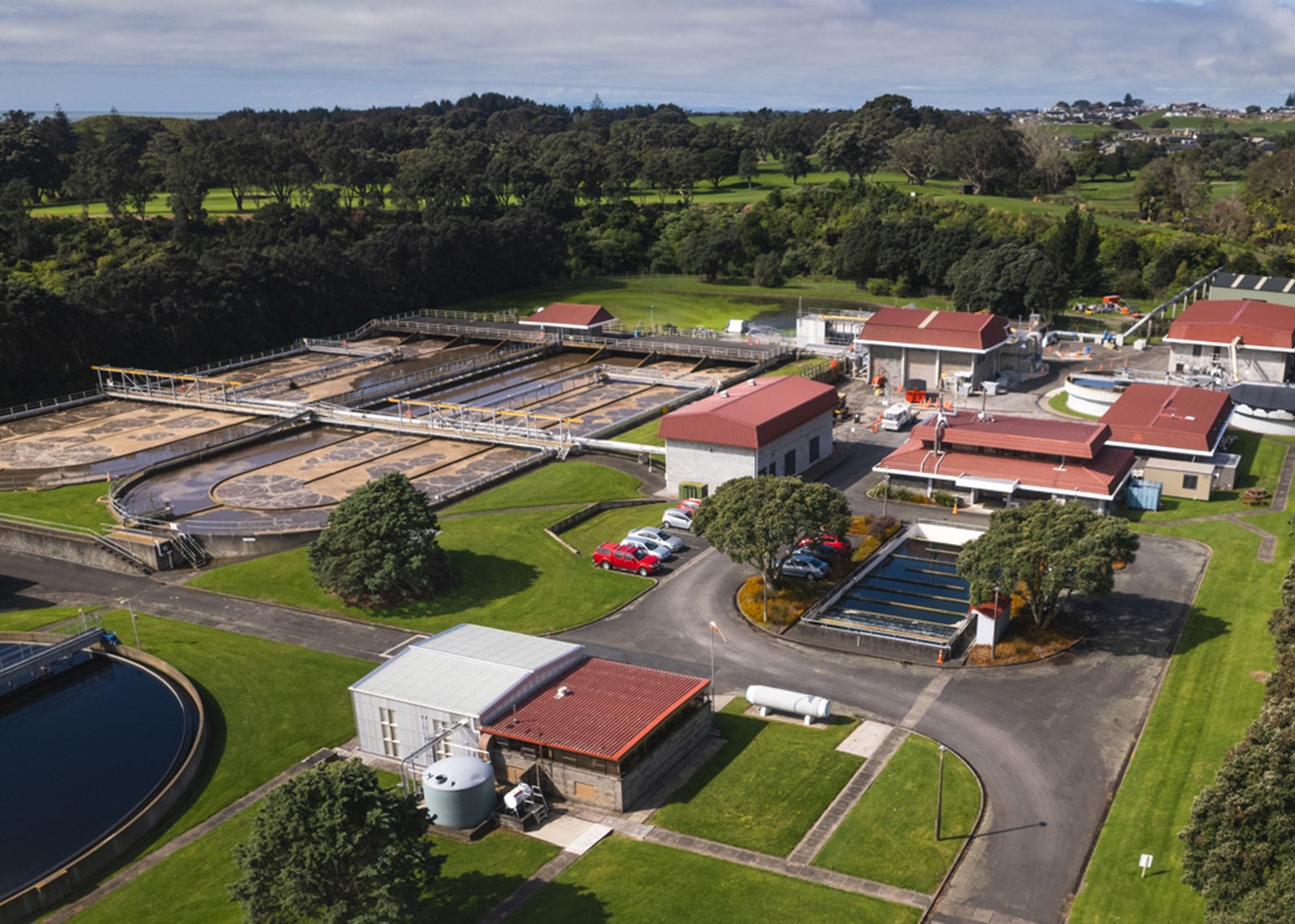Bioboost is a heat dried biosolid derived from the surplus micro-organisms used in the Bioreactors at New Plymouth's Wasterwater Treatment Plant.
Following separation from the clean effluent water the micro-organisms are subjected to a high temperature rotary thermal drying process. This process sterilises, pelletises and dries them to greater than 90% dry solids.
Bioboost is produced in accordance with the "Guidelines for the Safe Application of Biosolids to Lad in New Zealand, August 2003" and is manufactured under a quality management system certified to ISO 9001 by Telarc.
Bioboost has the highest 'A' grade for pathogens meaning the product is sterilised and safe to use.
Bioboost meets the highest grade 'a' for the eight metals of concern apart from zinc and copper. Zinc is over the 300mg/kg limited and copper is over the 100mg/kg limit. When used at the correct agronomic nitrogen rates of 200kg total nitrogen per hectare per year, metal contaminants are no longer an issue and comply with recommended soil limits in the guidelines. This equates to a maximum Bioboost application rate of 33kg/100m2/year or 3.3 tonnes/ha/year.
| Element | Percentage % |
| Nitrogen (N) | 6.0 |
| Phosphorus (P) | 2.5 |
| Potassium (K) | 0.5 |
| Calcium (Ca) | 1.0 |
| Magnesium (Mg) | 0.5 |
| Sulphur (S) | 0.9 |
| Iron (Fe) | 0.6 |
| Zinc (Zn) | 0.05 |
| Copper (Cu) | 0.02 |

New Plymouth Wastewater Treatment Plant